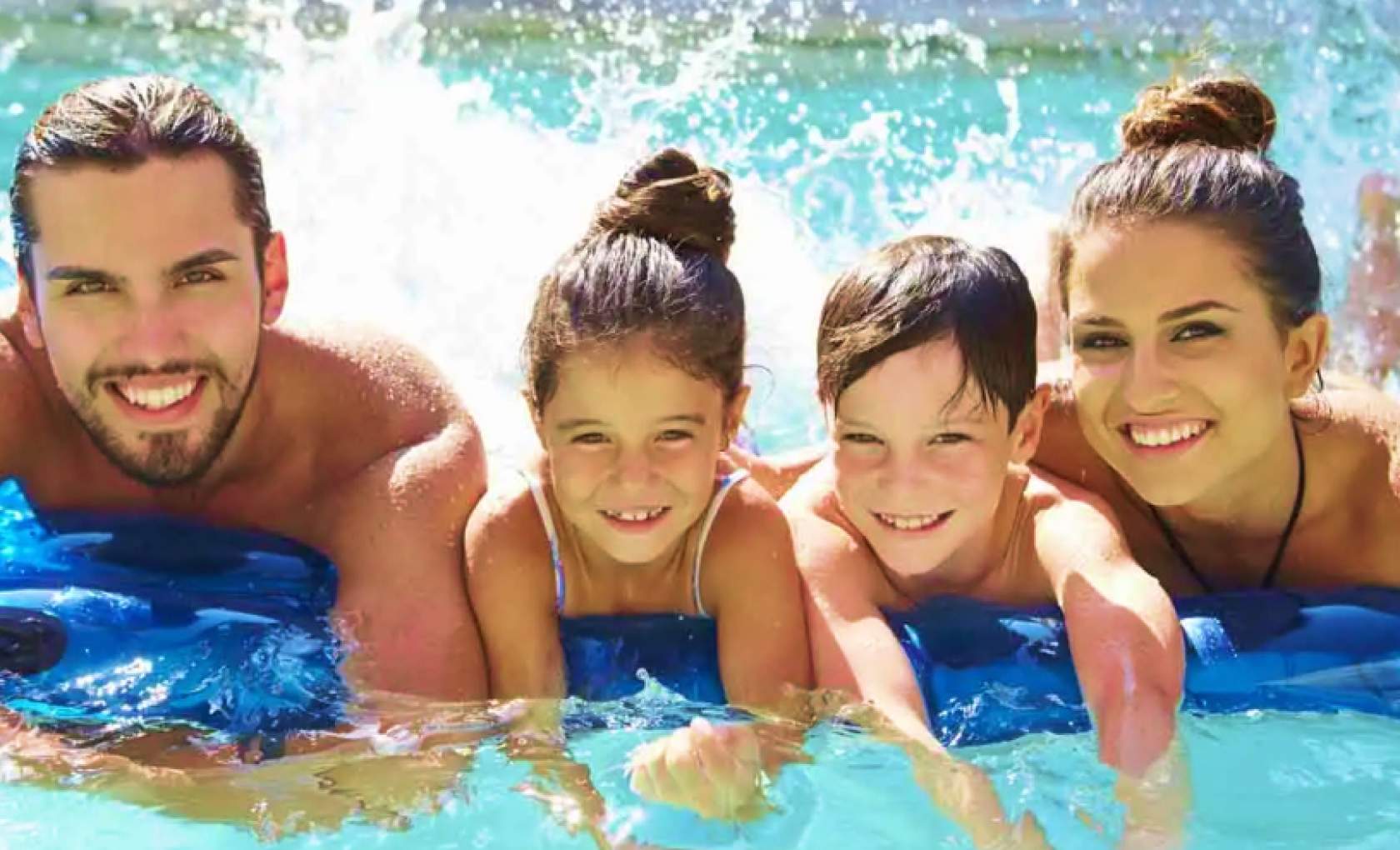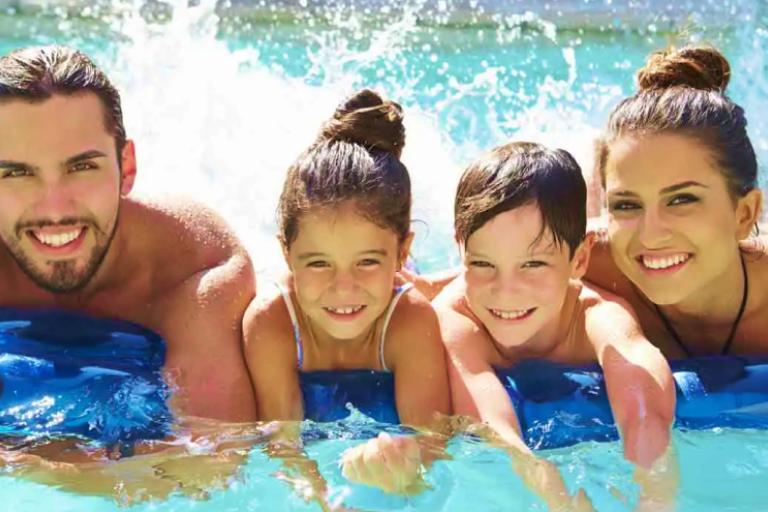Swimming babies are better balanced

Iceland is not the first country you think of for swimming research. However, a new study conducted there has shown that commencing swimming at the earliest possible age improves motor skills not only in water-based activities, but also in land-based activities.
Hermundur Sigmundsson, a professor of psychology at the Norwegian University of Science and Technology (NTNU) together with Brian Hopkins, a professor of psychology from Lancaster University, conducted the research in Sigmundsson’s home country of Iceland. The study involved comparing 19 baby swimmers against a control group of 19 children who had not participated in baby swimming. The only factor that separated baby swimmers from the control group was swimming. All other factors, such as the parents’ education, housing and economic status, were the same.
The baby swimmers had participated in swimming classes for two hours a week from the age of 2-3 months until they were about 7 months old. A typical session might involve helping the baby do a somersault on a floating mat, having the baby dive under water, jump from the pool edge, and balance on the hand of a parent while reaching to pick up floating objects.
At approximately age 5, both baby swimmers and the control group were tested with similar exercises. The exercises included walking on tiptoes, balancing on one foot, skipping rope, rolling a ball into a goal and catching a beanbag. The results were crystal clear, the researchers say.
“We saw very clearly that baby swimmers were the best in exercises that related to balance and the ability to reach for things,” says Sigmundsson. “Water is as important to Icelanders as snow is for Norwegians. A typical Icelander swims on average once or twice a week, and there is great deal of interest in baby swimming. I know an instructor who has been teaching baby swimming for 20 years. He had a great deal of information about children who have participated in swimming courses. So it was natural for us to conduct the study in Iceland.”
Sigmundsson says he was overwhelmed by what the instructor was able to get the babies to do. “The instructor was able to bring three-month-old babies right up to a balanced position, standing on his palm. The babies locked joints – it was amazing to watch.
“It’s incredibly exciting that specific training for young babies has an effect later in life. Development is a dynamic interplay between maturation, growth, experience and learning. Our study shows that we must never underestimate the learning aspect.”
The study was published in the May 2010 issue of Child: Care Health and Development.
Citation: Sigmundsson, H. and B. Hopkins. 2010. Baby swimming: exploring the effects of early intervention on subsequent motor abilities, Child: Care Health and Development. 36:3, 428-430. DOI: 10.1111/j.1365-2214.2009.00990.x
For more information go to www.ntnu.no/english.



